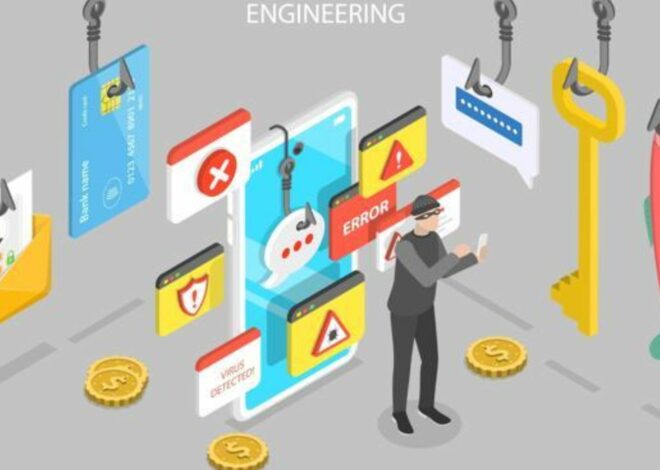
The Human Cost of Ransomware Attacks
Ransomware attacks pose significant threats not only to organizations and businesses but also to individuals and society as a whole. Beyond financial losses and operational disruptions, these malicious incidents exact a profound human toll, affecting victims’ well-being, livelihoods, and sense of security. Ransomware attacks can have devastating consequences for individuals and communities, leading to emotional distress, financial hardship, and disruptions to daily life. It is crucial to recognize and address the human cost of ransomware attacks to mitigate their impact and protect the well-being of all affected parties.

1. Psychological Impact
The psychological toll of ransomware attacks can indeed be devastating. Extending far beyond the immediate impact of data loss or financial strain. When individuals fall victim to these malicious incidents, they often experience a whirlwind of emotions, including fear, anxiety, and stress. The uncertainty surrounding their situation amplifies these feelings, leaving them grappling with a profound sense of vulnerability and helplessness. The loss of control over personal or sensitive data further compounds these emotions, as victims grapple with the violation of their privacy and the potential consequences of unauthorized access to their information.
Moreover, the looming threat of further harm or exposure exacerbates emotional distress. Casting a shadow of uncertainty over their future and compounding their mental anguish. As a result, victims may experience a decline in their mental health and overall well-being, struggling to cope with the emotional fallout of the ransomware attack.
2. Financial Strain
Ransomware attacks can inflict severe financial strain on individuals and families. Victims may be forced to pay exorbitant ransom demands to regain access to their data or systems, draining savings and resources. Moreover, the costs associated with remediation efforts, such as cybersecurity measures and legal fees, can further exacerbate financial burdens, leading to long-term economic repercussions.
3. Disruption of Daily Life
The disruption caused by ransomware attacks extends beyond financial losses to disrupt victims’ daily lives. From the inability to access critical files or systems needed for work or personal matters to the loss of irreplaceable data or memories, the impact can be profound. Individuals may find themselves unable to carry out essential tasks or fulfil responsibilities. Leading to frustration, inconvenience, and disruptions to routines.
4. Compromised Privacy and Security
Ransomware attacks compromise victims’ privacy and security, undermining their trust in digital technologies and online services. The unauthorized access to or theft of sensitive information can have far-reaching consequences, including identity theft, fraud, and reputational damage. Moreover, the loss of confidential or proprietary data may have implications for personal and professional relationships, eroding trust and confidence.
5. Community and Societal Implications
Ransomware attacks not only affect individual victims but also have broader community and societal implications. Disruptions to critical infrastructure, such as healthcare, education, and government services, can impact entire communities, jeopardizing public safety and well-being. Moreover, the proliferation of ransomware threatens to erode trust in institutions and undermine social cohesion, posing challenges to collective resilience and recovery efforts.
Conclusion
The human cost of ransomware attacks extends far beyond financial losses and operational disruptions, encompassing profound psychological, emotional, and societal impacts. As these malicious incidents continue to proliferate, it is essential to recognize and address the human toll they exact on individuals, families, and communities. By raising awareness, enhancing cybersecurity measures, and fostering resilience, we can mitigate the human cost of ransomware attacks and safeguard the well-being and security of all.
Related Posts
Companies Hit by Ransomware Attacks

How Social Engineering Plays a Role in Ransomware Attacks

